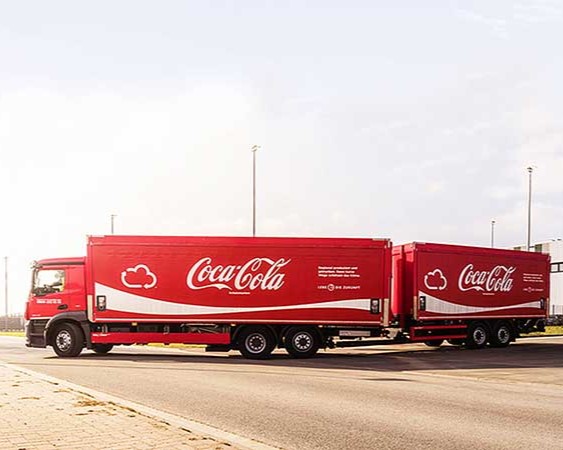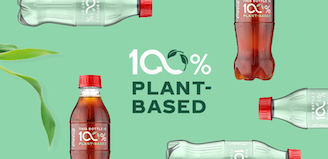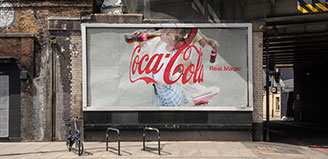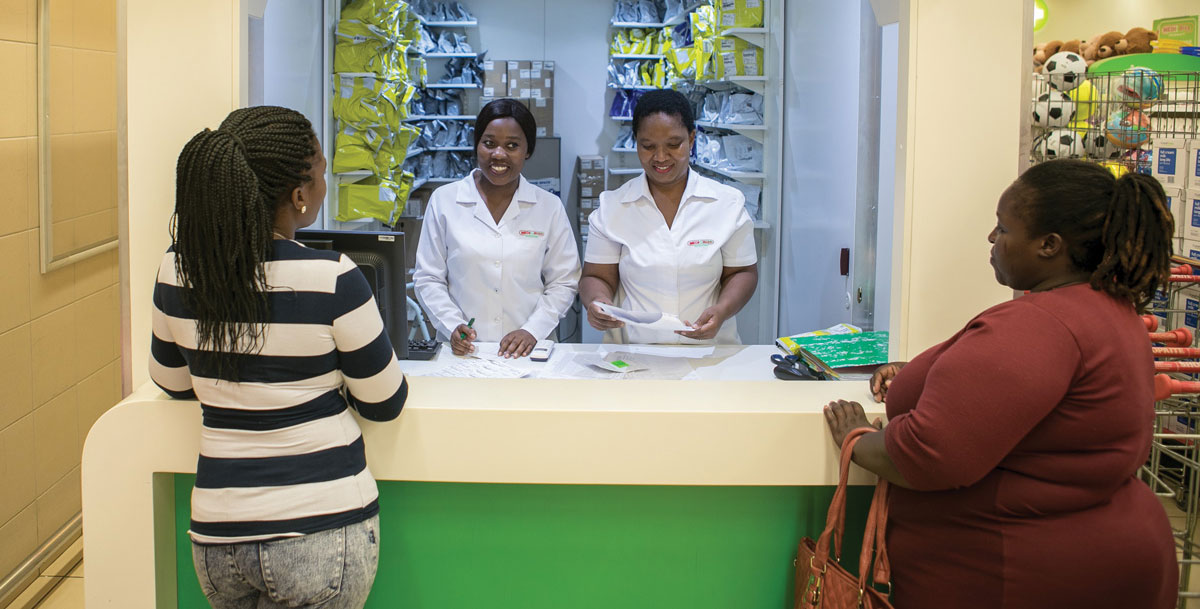We are taking action to help mitigate the impacts caused by climate change.
We have a responsibility to contribute solutions and aim to reduce emissions in our own operations, including concentrate manufacturing operations and company-owned bottling partners
Partnerships
We are partnering with other businesses, civil society organizations and governments to support cooperative action on this critical issue. See some of our partnerships below.
Timeline
- 2000s
- 2013
- 2019
- 2020
- 2024
Energy use tracking and sustainability reporting.
Set a carbon reduction target for "drink in your hand" of 25% by 2020.
Set a 2030 science-based target to reduce our absolute greenhouse gas emissions by 25% as compared to a 2015 baseline.
Achieved our “drink in your hand” goal, to reduce relative carbon emissions by 25% by 2020, against a 2010 baseline.
The Coca‑Cola Company announced updated environmental goals, including an aim to reduce the company’s Scope 1, 2 and 3 emissions in line with a 1.5°C trajectory by 2035, from a 2019 baseline*.
Additional Resources
*The company’s acquired businesses will be excluded from this goal, including BODYARMOR, CHI, Costa, doğadan, fairlife and innocent. The company expects to prepare these businesses for integration into its 1.5°C trajectory over time.
.jpg)



